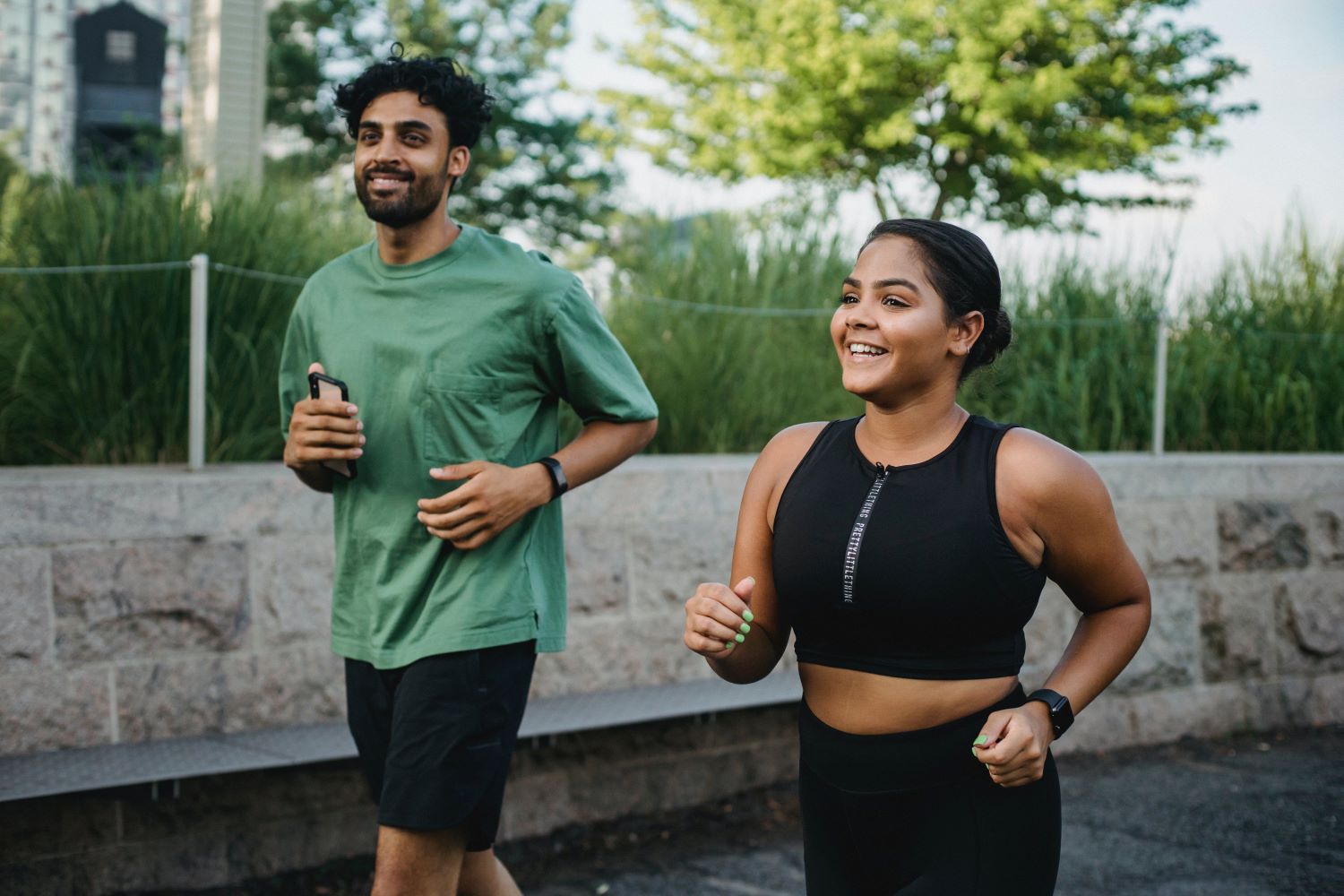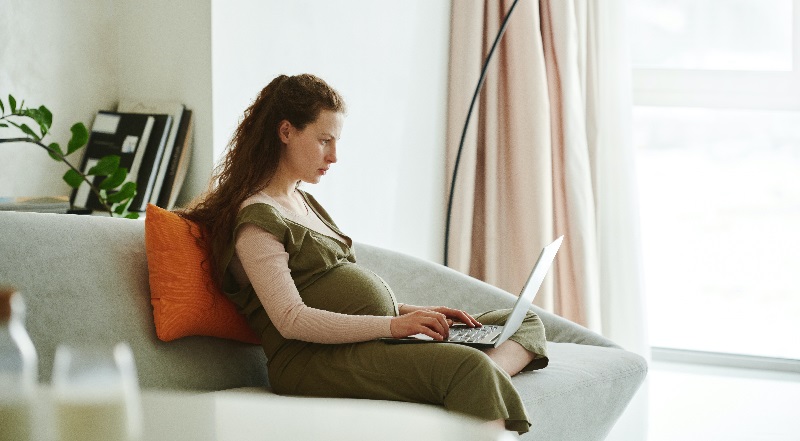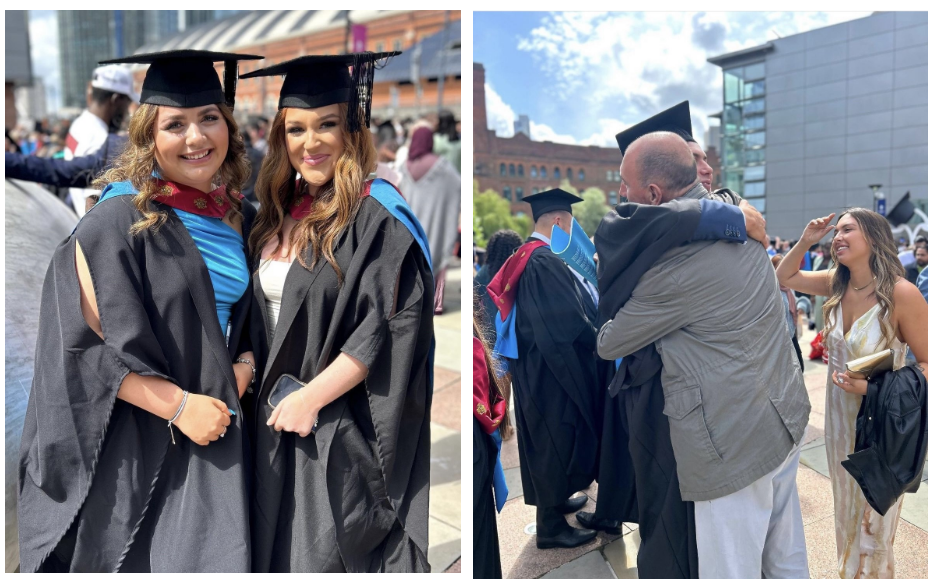Opinion | Wednesday, 21st July 2021
How can we speed up the global roll-out of COVID-19 vaccinations?
Dr Stephanie Steels looks at the barriers to global vaccine equality – and how they could be overcome

By Dr Stephanie Steels, Senior Lecturer in Integrated Health and Social Care. Dr Steels has previously worked for and advised the World Health Organization and the Department of Health and Social Care on Public Health policy and Global Health security.
The development, testing, approval and deployment of eight new COVID-19 vaccines globally in the space of 18 months is an outstanding achievement. It represents the best of human nature and what can be achieved when people pull together to make a difference. It’s also amazing that 2.5 billion doses of COVID-19 vaccines have been administered globally.
It’s a good time to pause and remind ourselves that, historically, this is the largest vaccination programme that has ever been undertaken at this scale.
But when we take a closer look at the numbers, there is a big disparity between those countries that have received the vaccine and those that haven’t. There are still many countries, such as those in Africa, that are yet to receive any shipment of vaccines. This is because lower income countries are relying on the COVID-19 Vaccines Global Access (COVAX) initiative, as they are unable to afford the cost of purchasing directly from vaccine suppliers.
So, while lots of us living in high and some middle-income countries will have received two doses of a COVID-19 vaccine by the end of 2021, the rest of the world will still be waiting to receive the first.
Similarly, it’s likely that the new generation of vaccines – such as the booster shots – will predominantly feature in the vaccination strategies of higher income countries. Others simply don’t have the financial ability to develop, manufacture and buy these new vaccines, further widening vaccine inequality.
Barriers to global vaccination
The recent G7 vaccination plan looked promising but fell short of expectations. The words ‘pledging’, ‘commitment’ and ‘support’ sound great in theory, as does the signing of the Carbis Bay declaration and announcing a new Centre for Pandemic Preparedness. But none of this means much without actions that go beyond expert panels and working group meetings. We need to focus on addressing three key areas: availability, accessibility, and trust.
In terms of availability, the supply of vaccines needs to be increased, particularly to those in lower income countries. This could be facilitated by sharing the knowledge and technology that would enable other countries to develop, manufacture and produce the vaccines. This would allow the cost per vaccine to fall, which is a key issue in vaccine affordability as not all countries are offering the vaccine for free.
Individuals might have to choose who in their family will receive a vaccination. Add in the additional transportation costs to travel to and from a vaccination facility, and the number of people who can afford a COVID-19 vaccine reduces again.
Next comes the issue of translating vaccines into vaccinations – ensuring that they are actually being given to people. For this, we need vaccines to be accessible and free. The UK is the only country in the world with a national health service that is free at point of access. We already have a health infrastructure in place that helps us to get vaccinations into our local communities through GP practices, pharmacists and hospitals. Many people in other parts of the world don’t have access to any form of local health provider. They must travel and then pay to access health care.
We also have the other operational infrastructure in place to help us access vaccinations. Most of us will have received invitations to book our vaccinations via multiple channels: letters in the post, phone calls and text messages. Our transport infrastructure means vaccines can be delivered and offers people a means of getting to vaccination centres. We can repurpose other community facilities, such as sport centres, schools and village halls into vaccination centres so that they are more easily accessible. Again, other countries may not have any of the above in place, which will further slow the roll-out of a vaccination programme.
The cost to receive the vaccine can also be a big deterrent in some countries. Individuals might have to choose who in their family will receive a vaccination. Add in the additional transportation costs to travel to and from a vaccination facility, and the number of people who can afford a COVID-19 vaccine reduces again.
Perhaps the hardest issue to tackle is trust. Public trust is difficult to gain and easy to lose. The voices of politicians, the World Health Organization, scientists, your local GP, journalists, faith leaders, and family and friends all help to shape trust. Amplified by the media, these voices can increase vaccine hesitancy and reduce vaccination uptake. It can make people fearful of vaccines, despite the rigorous testing and regulatory safety approvals. When it comes to public engagement strategies, we need to recognise that a one-size-fits-all approach will not work for every community and population.
Greater collaboration needed
There are opportunities, both in the UK and in other countries, for a more joined-up approach between different arms of society, such as local and national charities, non-governmental organisations, faith leaders, community groups and local authorities. This extends to private sector organisations, such as those working in the supply, food or transport sectors.
If you’re a multinational company delivering cargo or goods to a hard-to-reach area, why not offer to bring vaccines and a temporary medical facility with you? Could advertising companies make free space for vaccination posters on billboards, buses, in train stations or in newspapers so people know how and where to access a vaccine? Could public buildings, faith centres, schools and even markets be allowed to offer vaccinations on site? Could we better utilise our trainee medics, nurses, and other allied professions to be redeployed to help administer vaccinations?
All of these questions need to be considered as part of our global response to this pandemic. After all, it’s only when we work together that we can truly make a difference and progress faster towards COVID-19 vaccination worldwide.




